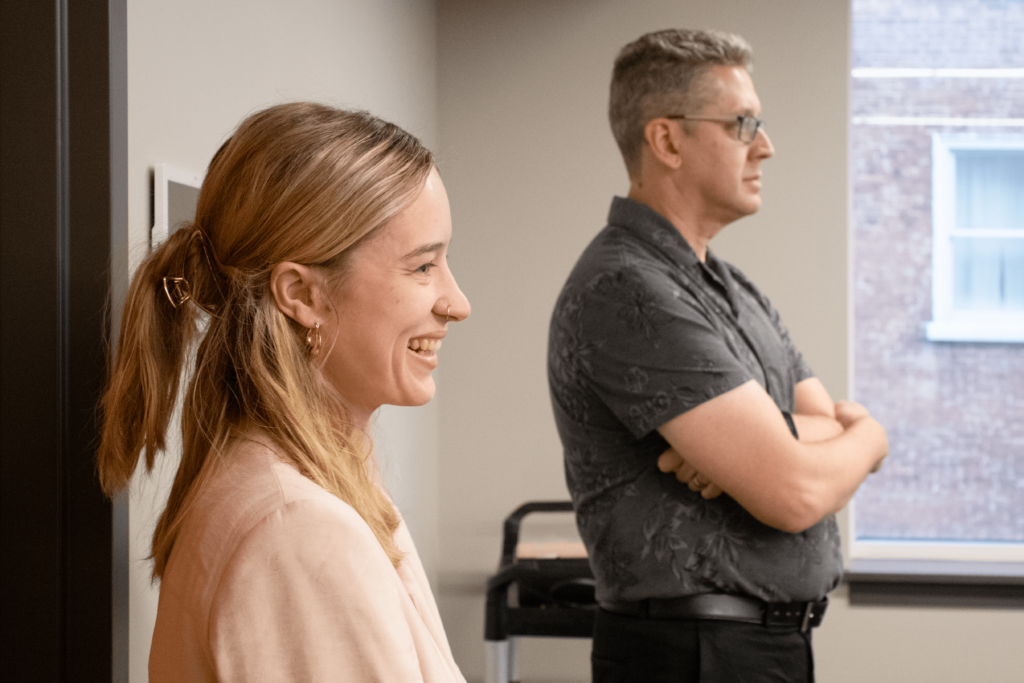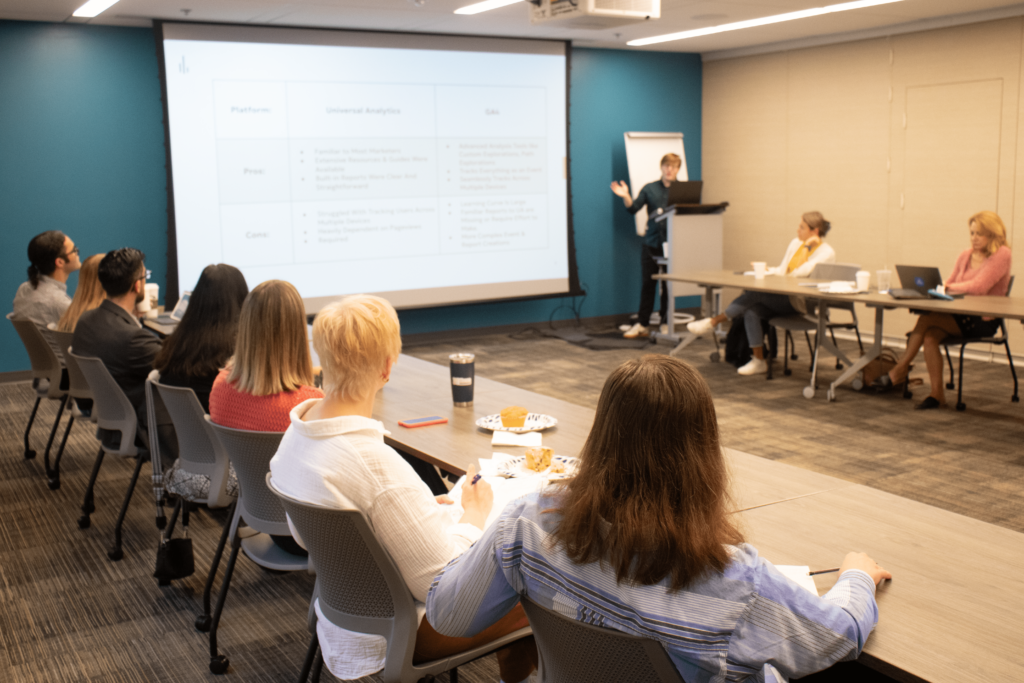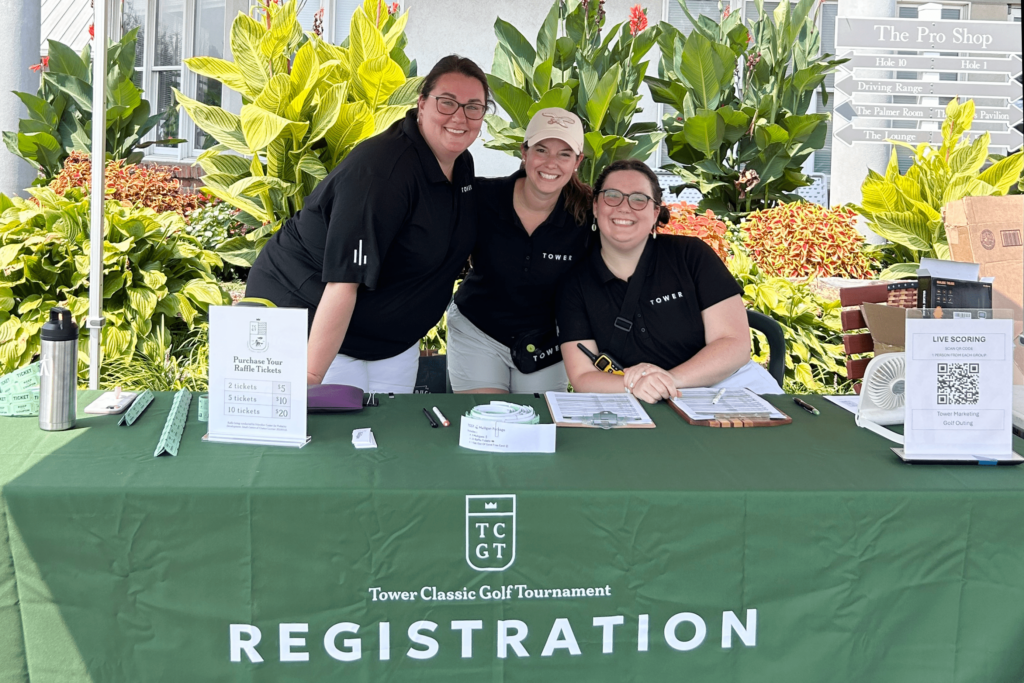SEO vs. PPC: Which Do I Need?
- PPC: Paid Advertising
- SEO

In the world of digital marketing, two of the most influential marketing tactics you can use are search engine optimizations (SEO) and pay-per-click (PPC). Though they work well together, they can also individually help you reach your goal!
In this article, we will discuss what SEO and PPC are, how they work, and how to know which to choose.
What Is SEO?
Also known as Search Engine Optimization, SEO is the strategic execution of website updates to help climb the ranks on search engine result pages (SERPs). Overall, the main goal is to keep websites updated with what people are searching for. To do this, we plan updates (commonly known as optimizations) based on what we see trending on the internet — primarily from content amongst the site pages.
There are multiple methods of approaching SEO optimization. If done strategically, they can work together to create a structured SEO plan. Let’s discuss some of the most impactful updates in SEO, and why we use them.
SEO Analysis
SEO analysis happens before, during, and after your strategy launches. This involves reviewing how your pages are working, performing, and looking, both from a technical standpoint and a user (or customer) standpoint.
Keyword Research
Keyword research is one of the main pillars of your SEO strategy. Keywords are the main phrases used in your content, which will help to bring the page up in search results. Essentially, you are researching what popular words and terms users are looking up (or likely to look up), and trying to gear your content to cover that information.
On-Page Optimization
On-page optimizations are the continuous updates made on site pages — this includes keyword updates and focuses on tasks like internal linking, title and meta updates, and image optimization.
Linking and image optimizations help to strengthen the authority of the page, which tells search engines that the site and page contain the information the user is searching for. With title and meta description updates, both users and search engines get a summary of the page.
These updates not only aim to give more information to search engines, but they also can clarify the page content, sometimes even before users enter the site!
Off-Page Optimization
Off-page optimizations work closely with the on-page ones. Some of the most common off-page optimizations include external link building, local SEO updates, reviews, and events. These updates are a big part of building trust signals with your audience.
When your reach includes receiving/replying to reviews, promoting and following up on events, and building relationships with reputable sites to link to — both search engines and users can further separate the reliable sites from those with fewer signals.
What Is PPC?
Pay-per-click (PPC) advertising has some similarities to SEO, but the two aren’t interchangeable. PPC is the method of driving traffic and conversions to the site, from paid ad placements online. To get these ad spaces, advertisers target keywords to bid on, and if they’re selected by search engines, their ad appears in search.
Keyword Reviews
Continuously reviewing keywords and search terms can heavily influence your paid campaigns. PPC optimization needs change quickly depending on the market, but that’s why you should make continuous reviews and updates!
Since ads use a bidding strategy, the goal is to use the right keywords on your site and in your ads. These then compete in ad auctions and win placements in front of relevant users, which are the ads users then receive.
Bidding Strategy
How you bid on keywords is a large factor in how the ads and keywords perform. With different bidding strategies available, it is possible to tailor ads to fit your budget and limit overspending on your clicks.
There are a few different ways you can go about bidding for your campaigns, but the top three methods would be the cost per acquisition (CPA), cost per mile (CPM), and maximize clicks.
CPA bidding allows advertisers to set a maximum CPA target, allowing a reasonable price to be paid, while still aiming to stay within budget.
CPM aims to gain the most impressions, rather than the most conversions. This method is mainly used for businesses trying to gain awareness, rather than immediate conversions — think of it as a way to gain a large audience.
Maximize clicks is the method used to gain practical leads. This method tailors the ads to users more likely to click and add to the audience — think of this one as a way to get the most clicks possible from users to the content that is relevant to them.
Audience Targeting
When tailoring your ads, audiences are a large part of how they perform, since the goal of most ads is to get conversions. Regularly reviewing who your ads are shown to, and catering them to users who are interested in your industry, will increase the likelihood that users click and convert.
Landing Page Quality
A landing page is where users will go once they click your ad. Updating your landing page with fresh keywords, images, and descriptions will keep it relevant for users. Essentially, the goal is to have the landing page and ad content make sense as a combination. When users click on your ad, the landing page should deliver what they were promised.
Ad Tracking & Updates
A large part of keeping a campaign performing well is through continuous tracking and updates. If an ad, keyword, audience, or ad group isn’t working well at the moment — you can pause and/or edit them! Regularly reviewing parts of your campaign, and updating them accordingly will keep your ads relevant to users, making them more likely to perform well and earn conversions!

How Do They Work Independently?
Both SEO and PPC can work well individually and the outcomes usually depend on your goals and budget! There are multiple factors you can evaluate to determine if your business would benefit more from SEO or PPC. Let’s go over a few.
Long-Term
If your goal is to achieve long-term results (about 3 months) with a smaller budget, then SEO may be your better method. SEO takes longer to collect data but focuses on organic content through ongoing updates.
The goal is to tailor your page content to connect and inform users. SEO gives the opportunity to stay relevant by changing keywords, topics, and questions throughout your website. Traffic through this channel can help to gain new or repeat users, and improves visibility.
Short-Term
If your goal is to achieve more immediate results (typically around 2-4 weeks), then PPC may be the better fit. Overall, PPC usually has a higher cost depending on the industry, audience pool, and other market factors. However, budgets can be controlled.
Some settings (like a CPM bidding strategy) can help build up an audience quickly, and based on those results, you can better tailor ads to users at a quicker rate than typically seen with SEO. These campaigns are usually a one-time setup (plus the occasional verification), with updates typically planned based on the current results.
Whether you choose PPC or SEO, the main factor in choosing will be your business goal. Do you need a more immediate response? Are users signing up for a way to contact the company, or are you sending them information about an upcoming promotion?
When choosing one over the other, ensure you’re not only able to reach the goals you set, but maintain them as well.
How Do They Work Together?
Another way to use SEO and PPC would be together under a strategic campaign. This can be by running an SEO and PPC campaign at the same time, or even alternating between the two. There are often more benefits from running them together.
When used together, content can be updated alongside each other, an example of this could be seen on a landing page. If you have a contact page and want users to fill a form out, you can line up your ads and on-page call-to-action (CTA) buttons.
In addition to aligning information, using both methods can be beneficial when one area experiences a decline. In marketing, things are always shifting, sometimes that means results will waiver up or down a bit. When both PPC and SEO are set up, lost traffic can be picked back up on the opposite end.
With the way users search for information always changing, it can be beneficial to cover your goals with a comprehensive strategy using both paid and organic results. All businesses have different needs, so be sure to look at it from both an industry and individual point-of-view.
How Do I Get Started?
There are many angles to approach the implementation of both SEO and PPC. Working with a digital marketing agency is a practical approach to efficiently run your business’ marketing, without having to deal with all of the planning and optimizations.
If your main business comes from word-of-mouth customers, adding on an SEO or PPC campaign can be extremely beneficial. These campaigns help to push the needle forward on marketing efforts by adding more touchpoints to convert potential customers when they go to research you.
Finding limitations with your businesses’ reach, trying to find ways to allocate your marketing budget better, or even just wanting to free up space for more in-house efforts? Consider using a digital marketing firm to handle that area of business for you.

Looking to get a quote or learn more about your marketing opportunities?
 Lauren
Lauren  Alex D
Alex D